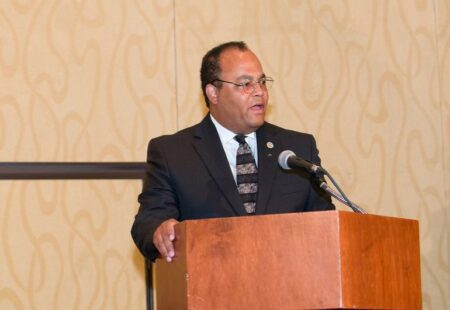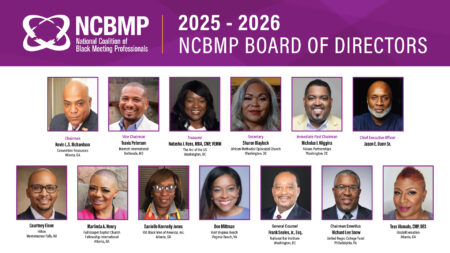Effective immediately, firms must prove disadvantage individually—reshaping access to federal contracts
(WASHINGTON, DC – October 15, 2025) – The U.S. Department of Transportation issued an interim final rule on October 3, 2025, fundamentally restructuring how the Disadvantaged Business Enterprise (DBE) program operates. The new rule eliminates race- and sex-based presumptions of disadvantage that have anchored the 40-year-old federal contracting initiative, requiring all firms to demonstrate economic hardship on a case-by-case basis.
The shift has immediate consequences. All existing DBE and Airport Concessionaire Disadvantaged Business Enterprise (ACDBE) certifications are effectively suspended pending reevaluation under the new standards. Federal agencies are prohibited from setting or counting DBE participation goals during the transition, and some states have already announced zero goals. Firms can no longer use demographic categories as a path to certification; instead, they must submit detailed narratives documenting specific instances of denied credit, market exclusion, and economic harm.
“This is a major change to how the program functions,” said transportation policy analysts familiar with the rule. The DOT framing positions the shift as constitutional realignment, arguing that the previous system’s reliance on demographic presumptions lacked sufficient evidentiary foundation.
For Black-owned and women-owned businesses that built capacity under the presumptive framework, the transition poses a substantial challenge. The administrative burden of individual proof—assembling personal net worth statements, documenting historical discrimination, and meeting new evidentiary standards—falls heaviest on smaller firms with limited compliance infrastructure.
The rule goes further than recent Small Business Administration adjustments. DOT explicitly prohibits agencies from even referencing race or gender when evaluating social disadvantage claims, creating a “colorblind” certification standard.
Advocacy groups, trade organizations, and business coalitions are mobilizing to help firms navigate recertification. The Federal Register comment period remains open, allowing stakeholders to submit feedback on implementation. Business leaders emphasize the urgency: firms that fail to recertify risk decertification and loss of contract opportunities, while federal and state programs scramble to develop new evaluation standards without demographic presumptions.
Observers note the rule could reshape participation in federal infrastructure contracting, where DBE programs have been a key tool for expanding opportunity. What happens next depends partly on how firms respond to recertification demands and partly on whether Congress or future administrations revisit the rule’s legal foundation.
*The Disadvantaged Business Enterprise (DBE) program is a federal initiative that reserves a percentage of government contracts for businesses owned by people from disadvantaged groups—primarily Black Americans, women, veterans, and other underrepresented entrepreneurs.
How it worked (for 40+ years): Under the old rules, if you could demonstrate you were from a disadvantaged demographic group (race, ethnicity, gender, or disability status), the government presumed you faced systemic barriers to contracting. This presumption made certification easier and helped DBE-certified firms compete for federal contracts in transportation, construction, and other sectors. Federal agencies set aside goals—say, 10-15% of contracts—specifically for DBE firms.
Why it matters: Federal contracting is a massive wealth-building tool. If you can secure government contracts, you build revenue, create jobs, establish credit, and grow equity. The DBE program was designed to counteract documented discrimination and exclusion that kept minority and women-owned businesses out of these opportunities.
What changed (October 3, 2025): The DOT eliminated the demographic presumption. Now, instead of saying “if you’re Black or a woman, we presume you face barriers,” firms must individually document the specific discrimination and economic harm they’ve experienced. This is much harder administratively and requires detailed proof.
The debate: Supporters of the change argue demographic presumptions lack legal foundation. Critics argue it eliminates a proven tool for building Black wealth and will dramatically reduce minority business participation in federal contracting.
The Disadvantaged Business Enterprise (DBE) program is one of the largest federal mechanisms for building Black wealth through government contracting. Its restructuring signals a major policy shift.










